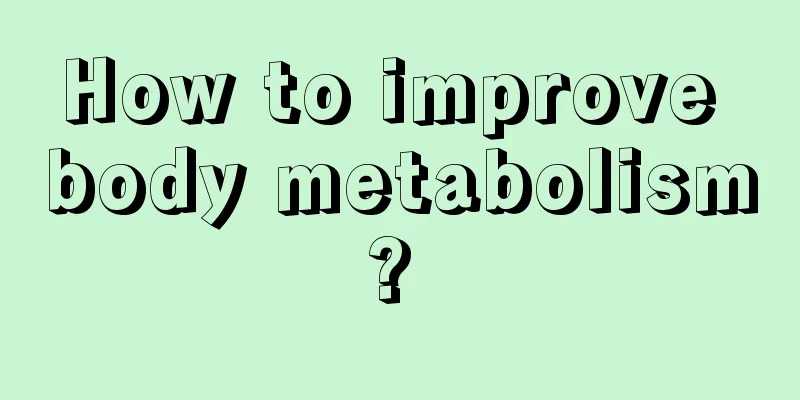What are the treatments for heart failure

|
The treatment of heart failure is very important for all patients, because only by paying attention to scientific treatment can the harm be reduced. Common treatment drugs include cardiotonic drugs, digoxin and vasodilators. When using any drug, you should consult a professional doctor. 1. Cardiotonic drugs: Digoxin: It is a medium-acting digitalis preparation used in the treatment of heart failure. Suitable for patients with chronic heart failure with poor systolic function. Especially those with atrial fibrillation and rapid ventricular rate. Take orally 0.125 mg each time (0.25 mg per tablet), 1 to 2 times a day. It is contraindicated for patients with bradycardia, II or III degree atrioventricular block, sick sinus syndrome, carotid sinus syndrome, preexcitation syndrome, hypertrophic obstructive cardiomyopathy, hypokalemia, and hypomagnesemia. 2. Digoxin: It is a fast-acting digitalis preparation used in the treatment of heart failure. Suitable for patients with acute left heart failure, pulmonary edema or acute exacerbation of chronic heart failure. Add 0.2-0.4 mg (0.4 mg per vial) to 20 ml of 25% glucose injection and slowly push intravenously. It takes effect in 5 to 10 minutes and reaches its peak in 2 hours. This drug is generally not suitable for acute pulmonary edema caused by mitral stenosis, except for atrial fibrillation with rapid ventricular rate, so as to avoid aggravating pulmonary congestion due to increased right ventricular output. 3. Vasodilators: Nitroglycerin: It is suitable for patients with acute left heart failure in the treatment of heart failure. Dissolve sublingually, 1 tablet (0.5 mg) each time or spray 0.4 mg into the mouth with nitroglycerin spray. The medication can be repeated every 10 minutes for a maximum of 3 times. 4. Sodium nitroprusside: It is particularly suitable for patients with acute left heart failure accompanied by severe hypertension, severe mitral valve and (or) aortic valve insufficiency, and acute deterioration of chronic heart failure. Usage: The initial dose is 10 micrograms/minute, which is increased by 5 to 10 micrograms/minute every 5 minutes until therapeutic effects or side effects such as hypotension are achieved. The maximum dose is 300 micrograms/minute, which can cause hypotension, which can be recovered within 10 minutes after stopping the drug. If used continuously for more than 1 week, attention should be paid to thiocyanate poisoning, denatured hemoglobinemia, vitamin B12 deficiency, etc. 5. Isosorbide dinitrate (Isosorbide dinitrate, Isodeoxycholate): It is a balanced vasodilator used in the treatment of heart failure. For patients with acute left heart failure, add 1 to 3 vials (10 mg each) to 250 ml of 5% glucose injection and drip intravenously at 20 drops/min. For patients with chronic heart failure, 3 vials can be added to 500 ml of 5% glucose injection and dripped intravenously at a rate of 10 drops/minute, or 10 mg of the tablets can be taken orally, 3 times a day. In addition, patients with chronic heart failure can also choose isosorbide mononitrate (Isoprolol, Syndiotide). |
<<: What is aortic valve calcification?
>>: What to do if gums shrink and turn black? Prevention is important
Recommend
How is breast cancer caused
How is breast cancer caused? 1. Menstruation Acco...
What are the symptoms of advanced liver cancer metastasis? What are the symptoms of advanced liver cancer metastasis?
Hematogenous metastasis of liver cancer in late s...
What's going on with the bottom jumping by itself
Many people will have questions about why the low...
What to do if the mattress is wet
When babies are very young, they will wear diaper...
Structures that form the inguinal ligament
Everyone's physical condition is different, b...
What are the symptoms of benign esophageal tumors?
Benign esophageal tumors are rare, accounting for...
How long can a giant liver cancer patient live
Giant liver cancer is a type of cancer, and the p...
What should myopic people do if they don't want to wear glasses?
People with myopia always feel that wearing glass...
Can Chinese medicine treat cervical cancer metastasis?
Cervical cancer that spreads to the stomach can s...
Bananas are treasures from skin to flesh
Did you know? Banana is called the "fruit of...
Understand the causes of pancreatic cancer and do the best prevention
In our lives, a single carelessness may lead to p...
9 effective and quick methods to cure toothache caused by wind and fire
Wind-fire toothache is a type of toothache. Just ...
What are the precautions after gastric cancer surgery? Pay attention to these places
The most important thing after gastric cancer sur...
Who shouldn't drink Jiaogulan
Gynostemma pentaphyllum, a kind of black tea, is ...
What can't you eat when you have a cold or fever
Colds and fevers are conditions we often encounte...









